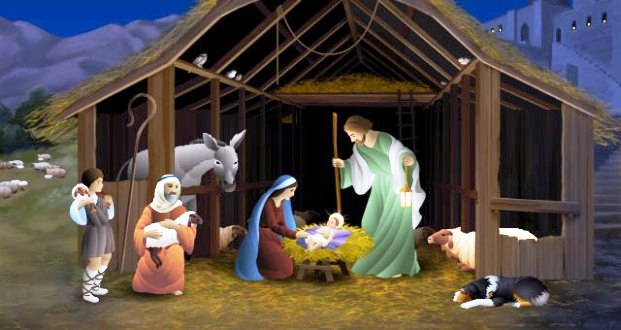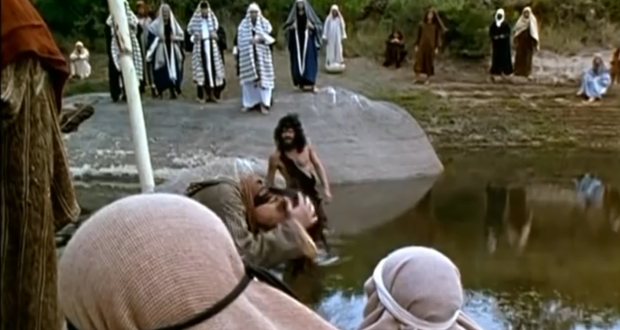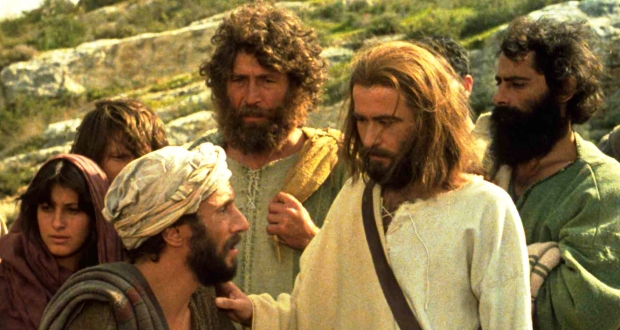
Fr Dexter Brereton, CSSp ThM STL
On the Solemnity of the birthday of the Lord, or Christmas, we read from the infancy narratives, the stories of Jesus in his infancy and early childhood. They are not interwoven with the rest of the Gospels but seem more like independent units, Gospels in miniature, whose purpose is exactly the same as the Gospels to which they have been attached. They serve to proclaim Jesus as God’s anointed, they proclaim that God has come near to us, so near in fact that the birth of the baby of Mary of Nazareth, is none other than the birth of God’s only Son.
Tonight I have chosen the Gospel reading of the vigil mass, from the Gospel according to Matthew. The infancy narratives give two different accounts of the annunciation of the birth of Jesus, the annunciation to Mary in Luke and tonight’s story, the annunciation to Joseph in Matthew. The story in St Luke is by far the more popular one in Christian tradition, given the fact that it plays a key role in the portrayal of Mary as the model disciple.
As we open the pages of the bible to read of the annunciation to St Joseph, I am reminded firstly that the Holy Father has declared a special year of St Joseph beginning on the Solemnity of the Immaculate Conception. This year marks 150 years since Joseph was declared patron of the Universal Church. Second, I am also reminded of the fact that scripture scholars speculate that Joseph died fairly early in Jesus’ life, an assertion largely supported by the silence of the Gospels about Joseph, given his important role as father of Jesus’ family. In fact, one notices an understandable tendency to credit Mary as exercising the main, if not exclusive parental influence on the life of Jesus.
This year, as I did my bible meditation, it struck me that nothing prevents us from imagining that for whatever time he was around, St Joseph would have exercised a major influence over the lives of Jesus and his mother Mary, the true spiritual leader of his household. I am therefore led to reflect on the role of people like my own father who continue to exercise a powerful , significant, yet silent and unseen influence over my life. The placing of the focus on Joseph this year, the husband of Mary, and foster-father of Jesus, presents us with ample opportunity for deeper reflection on the role of men in family life today.
The story of Joseph, begins with a significant challenge to his masculinity. God asks him to surrender control of his life and take up a task and a destiny that are not of his own choosing. For all people, for men especially, the issue of control is an enormous one in the spiritual life. Joseph is asked to lay aside his own ambition for a family of his own, one founded on his own genes and take charge of caring for a child not biologically his own. Here is the core of the spiritual challenge to Joseph – and in a way to all men- Joseph, like all of us wants to be boss of his own life, but in order to be boss of his own life, he must first acknowledge that God is his personal boss! Thus it was that for Joseph, in surrendering control, in laying aside his own ambition, he became, in the fullness of time something far, far greater than what he desired to be.
What does God want Joseph to do for this unborn child? He must name him. The angel says: “do not be afraid to take Mary home as your wife, because she has conceived what is in her by the Holy Spirit. She will give birth to a son and you must name him Jesus, because he is the one who is to save his people from their sins.” It is a widespread cultural phenomenon, including in the ancient world, that a person’s name was more than just an artificial tag serving to distinguish one person from another. The name bore a mysterious identity with the person. It substituted for the person, it signified what kind of person, it is. A name denoted a person’s function and destiny, and so the angel of the Lord ( or God as God is known when communicating with humans in the bible) bestows a name on the child and supplies an explanation of the name. The name Jesus is the translation of the Hebrew name “Joshua” which means “Yahweh helps” or “Yahweh saves.” – thus, “he is the one who is to save his people from their sins.” How do fathers/parents “name” their children? They do so by formally introducing them into a community via some kind of initiation/baptism and by introduction of the child into the cultural tradition to which he/she belongs. My late father did this for me very early on. I was, from a very young age introduced to all things quintessentially ‘Trinidadian.” My first memory of Carnival, our national pre-Lenten festival is seated atop my dad’s shoulders at the age of five. I can still remember that first Calypso that I heard. At a young age too, mom and dad introduced me to Trini foods like mauby and roti, and pelau and doubles and so-cones and chili – bibi. It was due to my father’s influence that I very early developed a liking for Trinidadian folk music in Patois and in Spanish (parang). Many of the things I value about myself today, many of the things I hold dear, I do because of my dad who is no longer with us – and yet in a way, he remains powerfully with me, since in many ways I share his passions and his influence.
Today, in Trinidad & Tobago, the tremendous explosion of domestic violence and murders in Trinbagonian households, serve to indicate that as a society, there is a tremendous amount of work that needs to be done with our men, especially our young men, who in many cases seem to stumble into domestic relationships, set up house with women, all the while lacking any sense of control or mastery over themselves and over the way these relationships should be managed. The bible teaches an important lesson, yet one that is extremely difficult to learn since it runs counter to the way we train our boys…that the true strength of a man lies not in his ability to dominate others or to dominate or control a situation, but to surrender, peacefully, sovereignty and mastery over one’s own life into the hands of God – so that God, in turn, will make you master of your own life.
Today, on this the Solemnity of the Saviour’s birth, let us remind ourselves that for the birth of the Saviour of the world, it was necessary for human beings to cooperate, it was necessary for them to be open to God’s action. God needed a “yes” from two people: one from Mary and one from Joseph. I pray that the “yes” of our father Joseph, the one who teaches all of us to lay aside our own ambition, to surrender control, always remain alive in our memory. Amen.






